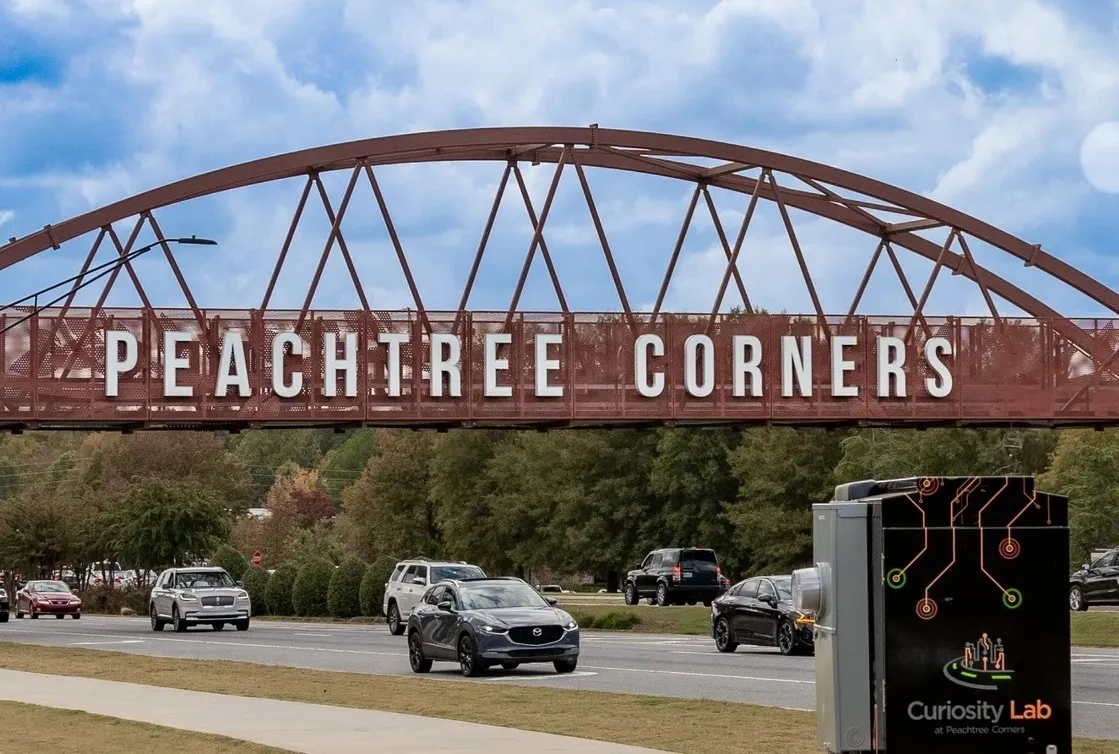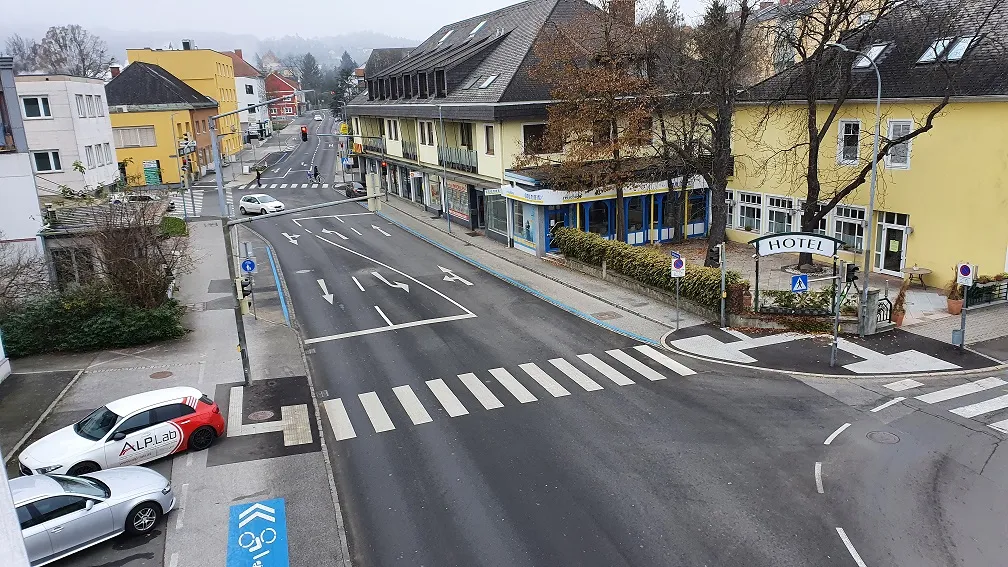Keolis is trialling an electric autonomous shuttle to take riders to the caves of Han-sur-Lesse, a tourist attraction in Belgium. The study will assess the reactions of passengers travelling along a 500m route in normal traffic conditions to help improve the safety of the technology.
The Navya shuttle can carry up to 15 passengers from the parking area to the caves. It features lidar sensors, a GPS real-time kinematic odometric system, vehicle-to-everything connection and cameras which allows it to dete
September 11, 2018
Read time: 1 min
The
The partnership is leading the trial in collaboration with the Belgian Ministry of Mobility and the Vias Institute (the Belgium Road Safety Institute).
Going forward, Keolis plans to extend the route to 1.5km.










